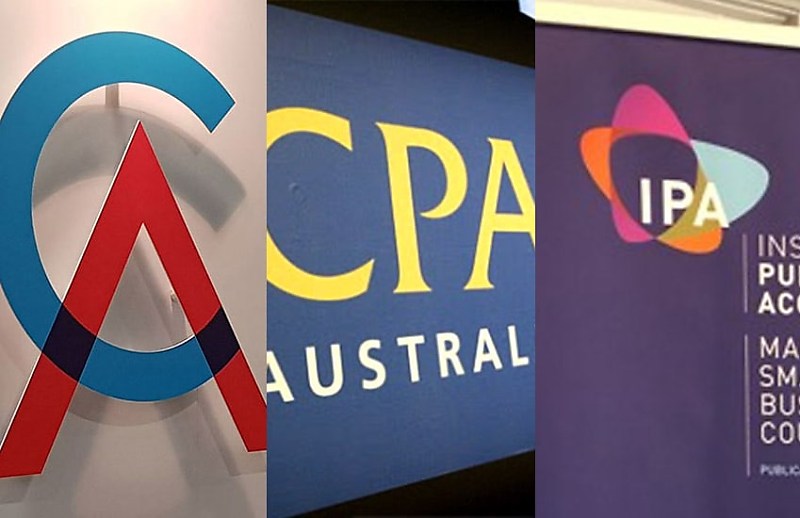Accounting bodies flag top compliance failures across quality reviews
BusinessPoorly documented or incomplete systems for quality management and issues with engagement letters are some of the concerns identified by major bodies in their reviews.

The major professionals bodies have outlined that inadequacies around quality management and issues with engagement letters are some of the main breaches picked up in the quality reviews they undertake on accounting practices.
In a recent webcast by software firm Ignition, CA ANZ, quality review manager, Helia Cronje said the biggest challenge for practices in relation to compliance is finding the balance between client work and investing in a system of quality of management.
“They work hand in hand with each other because if you do have that quality system and you get those things right then in the long-term you’re going to reap the rewards. It will have an impact on the client service that you provide as a public practitioner,” she said.
She said while many assurance and non assurance practices do have the policies and procedures in place, it’s either not documented, which is already non-compliance because you have to have the system documented, or its incomplete.
“Another failure we see is look, they've got the policies and procedures, they but that hasn't been implemented in full at the practice specifically,” she said.
“I think one of the issues or one of the areas we see that specifically in terms of the quality system is the monitoring component of that at the smaller practices.”
Engagement letters are also one of the most common breaches across practices when it comes to quality reviews, she warned.
CPA senior Assessor Jodie Smith said practitioners are often focused predominantly on helping their clients and doing the client engagement work so they prioritise the client’s compliance over their own.
“They’ve also got the obligations that they need to keep up with on the auditing standards, the tax standards and any other changes.
So I think the compliance requirement is focused on on those requirements being met and maintained rather than the APES standards being kept up to date with and therefore maintained at the practice level.
Similar to the other professional bodies, Institute of Public Accountants senior advisor Erik Hoop said the IPA has similarly identified compliance issues with APES 320, APES 325 and the engagement letter standard APES 305.
The IPA also sees issues around meeting professional standards legislation across three key areas.
“Firstly, the need to provide limited liability disclosure statements. Secondly, the need to maintain adequate professional indemnity insurance coverage and lastly, the need to meet profession body and other legislative CPD requirements,” said Hoop.
“It's important to note that under professional standards legislation a Court may invalidate limited liability if any one of these requirements are not met, and that exposes the principals of the practice to personal liability.”
Smith said that CPA has seen firms run into more trouble with quality management since the introduction of auditing standard ASQM 1, the new auditing standard for the system of quality management for any assurance related services.
“So, if you offer any type of assurance, whether it's paid or unpaid in your firm, you need to ensure that you have a system of quality management that meets the ASQM 1 requirements.
“If you are a non-assurance practitioner and you provide tax, financial compilation, insolvency valuations and any non-assurance services, you are required to meet the APES 320 Quality Management Guidelines and they changed on the first of January 2023.”
The main area where firms fall down with these standards is that they don’t actively review their systems on an annual basis, she said.
“A lot of the systems of quality management do require an annual review at a minimum or they require as the ASQM 1 does, ongoing system [management],” she explained.
This means that the system must be monitored so that as any risks are identified, mitigations can be put in place to reduce those quality risks, Smith said.




